President Yoweri Kaguta Museveni, the National Resistance Movement (NRM) presidential candidate for the 2026 elections, made a powerful return to the campaign trail on October 7, 2025, with a grand rally in Pakwach District, West Nile. This rally was not just another political event but a vivid demonstration of Museveni’s enduring grip on Uganda’s political landscape, his vision for the country’s future, and an appeal to West Nile voters to continue backing the NRM.
This blog post provides a comprehensive overview of what transpired at the Pakwach rally, the president’s key messages, promises, and how this event fits into the wider electoral campaign as Uganda moves towards the 2026 polls.
Setting the Scene: The Significance of Pakwach in Museveni’s Campaign
Pakwach is a vital district in Uganda’s West Nile sub-region, an area that has historically been a bastion for the NRM. The district, along with other parts of West Nile, has experienced transformation over the past decades from conflict and displacement to peace and development a narrative deeply linked with the NRM’s governance.
Museveni’s rally in Pakwach came after a brief postponement of his campaign in Lira, emphasizing the strategic priority he places on securing support in Northern Uganda ahead of the elections. Thousands of eager supporters gathered at the event, eager to hear from the incumbent president.
Key Messages from Museveni’s Rally
During the energetic and well-attended rally, President Museveni delivered several important messages:
Peace, Unity, and Stability: Museveni highlighted the peace and unity that NRM has maintained in Uganda, contrasting it with instability in the neighboring countries of South Sudan and the Democratic Republic of Congo. He emphasized that many West Nile residents were once exiles in those countries and only returned because of the peace the NRM brought.
“When the NRM came to power, many of you were refugees in Congo and South Sudan. Some even born there. But we reconciled, and you came home. You are living witnesses to the strength of NRM,” Museveni said to loud cheers.
Economic Transformation and Wealth Creation: Moving beyond infrastructure, Museveni stressed the need for wealth generation at household levels. He pointed out that roads, schools, and health centers are important, but citizens need sustainable income and functional local economies.
“You sleep at home, not in the roads or health centers. The poverty you left at home remains so we must focus on wealth creation beyond amenities,” Museveni remarked.
Oil Discovery and Development: The president proudly reminded the crowd of Uganda’s oil discovery, promising that oil production would start next year, bringing new economic opportunities.
He cautioned against misusing oil revenues on frivolities and pledged that the money would be invested into critical infrastructure like roads, electricity, healthcare, and education.
Special Funds and Support for Vulnerable Groups: Museveni announced plans to establish budget lines for fishermen, clergy, and university graduates key groups in West Nile and Uganda as a whole to bolster economic activities and livelihoods.
Party Unity and Mobilization: During the rally, Museveni handed over flags to NRM parliamentary candidates and welcomed new converts to the party. He called on all candidates and supporters to uphold discipline and work together towards electoral victory.
Government Achievements Highlighted
Museveni recounted government accomplishments in Pakwach and West Nile, including:
Expansion of educational facilities with 64 government schools in Pakwach District.
Improved healthcare infrastructure aimed at serving the population effectively.
Construction of roads and rural electrification that have enhanced connectivity and economic activities.
Programs aimed at peace building and reintegration of former refugees and displaced persons.
The Rally Atmosphere and Attendance
The rally was attended by thousands of supporters including ministers from West Nile, members of parliament, party officials, cultural and religious leaders, and ordinary citizens. The crowd’s vibrant energy, seen in drumming, singing, and waving NRM flags, underscored the party’s strong grassroots presence.
Security was visibly tight but peaceful, with seamless coordination between security forces and rally organizers. This demonstrated the government’s organizational capacity to conduct large-scale political events.
Implications for the 2026 General Elections
Museveni’s Pakwach rally sent a strong message about the NRM’s intention to solidify and expand its influence in Northern Uganda. West Nile’s strategic location as Uganda’s gateway to South Sudan and the DRC makes it critical for any ruling party to maintain control.
The rally also highlighted Museveni’s dual role as an incumbent president balancing governance responsibilities while campaigning a balancing act attracting both praise for dedication and criticism from opponents.
The promises of wealth creation, special funds, and utilization of oil revenues aim to resonate with voters concerned about tangible improvements in their livelihoods. However, opposition parties are expected to challenge these narratives vigorously as the elections approach.
President Museveni’s Pakwach rally of October 7, 2025, was more than a campaign event; it was a concerted effort to reiterate the NRM’s achievements, outline future plans, and mobilize voters in a crucial region. With promises on peace, development, and wealth creation, Museveni appeals to the aspirations of West Nile residents who have experienced dramatic change under his rule.
As the 2026 elections draw near, rallies like Pakwach will be decisive battlegrounds for political influence. Museveni’s ability to convincingly connect with voters here and beyond will play a significant role in Uganda’s political trajectory.


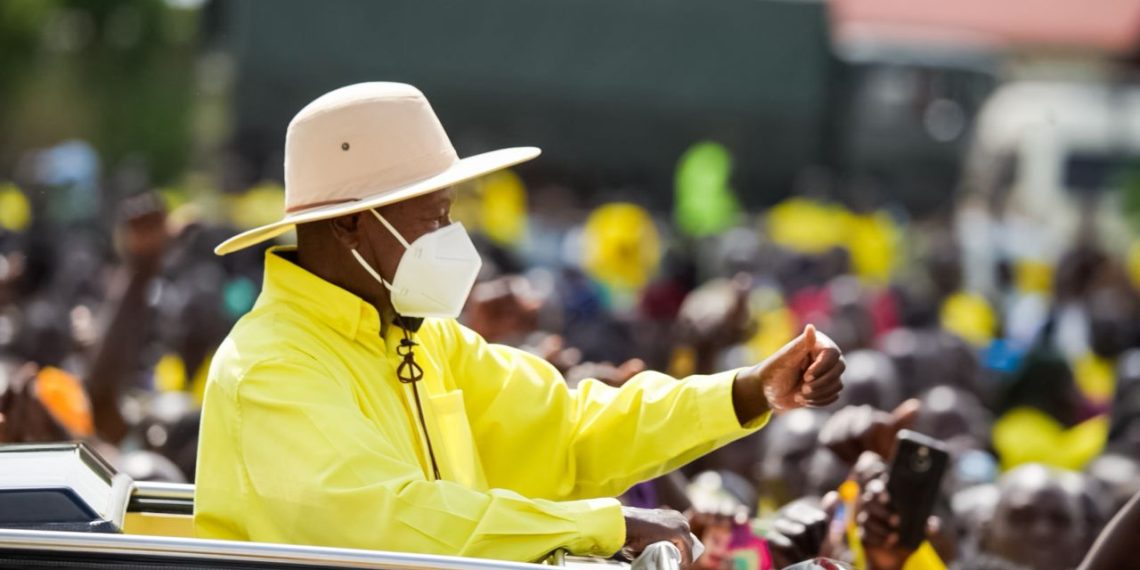

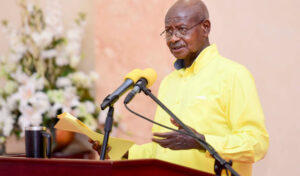
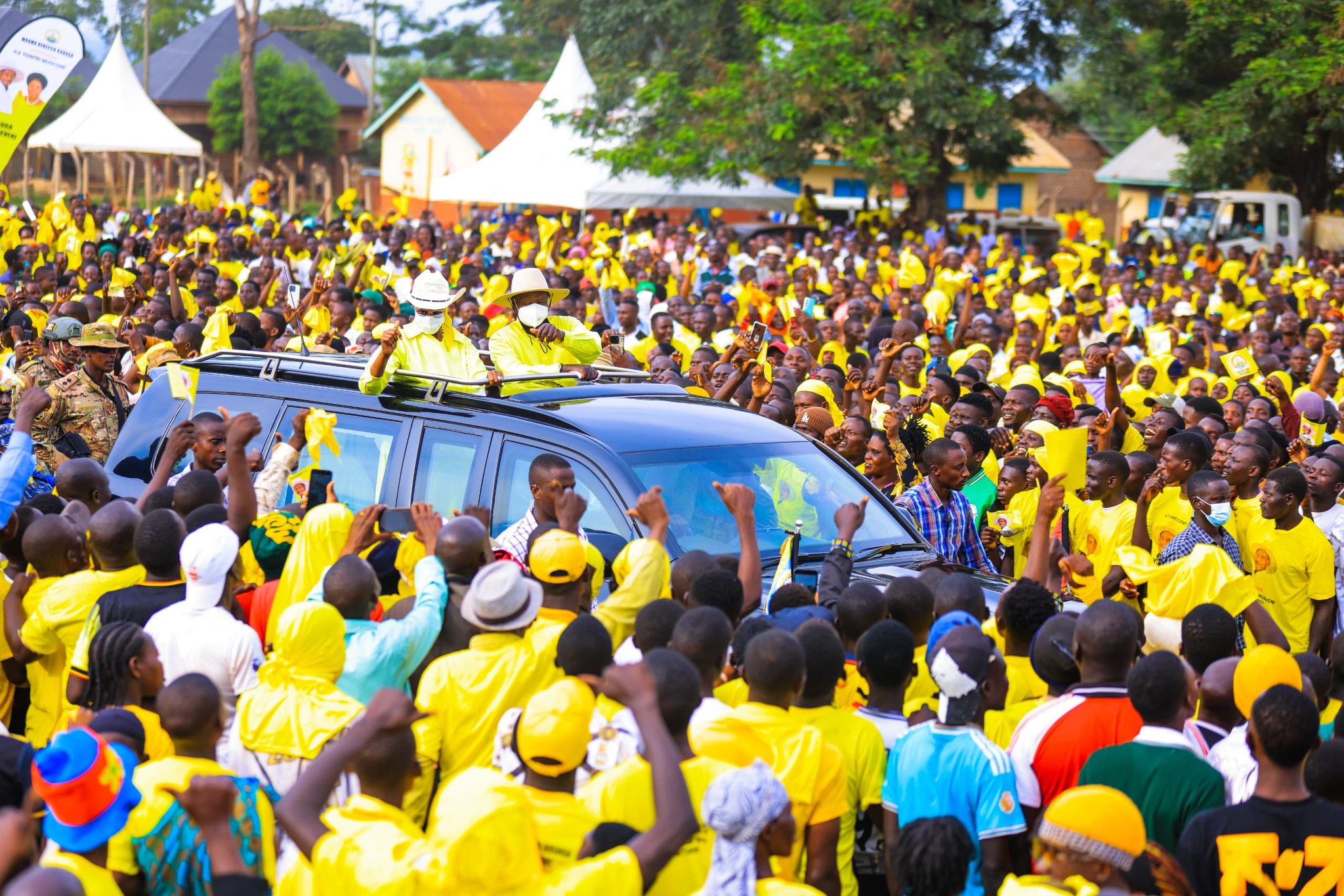
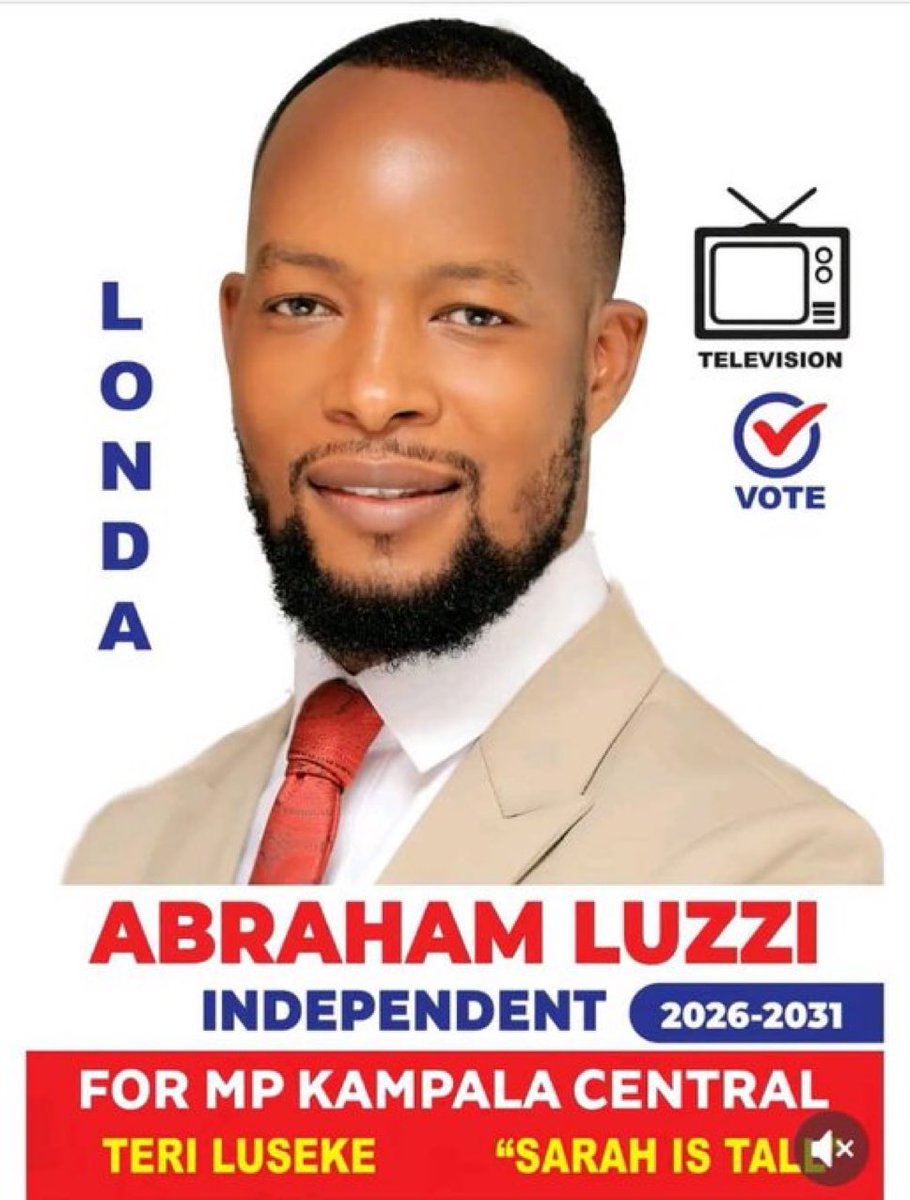
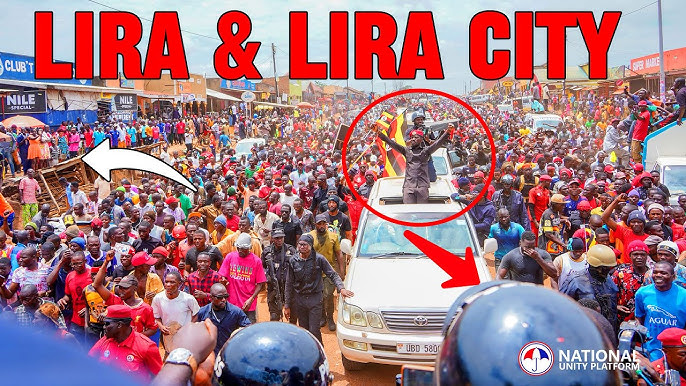
Leave a Reply